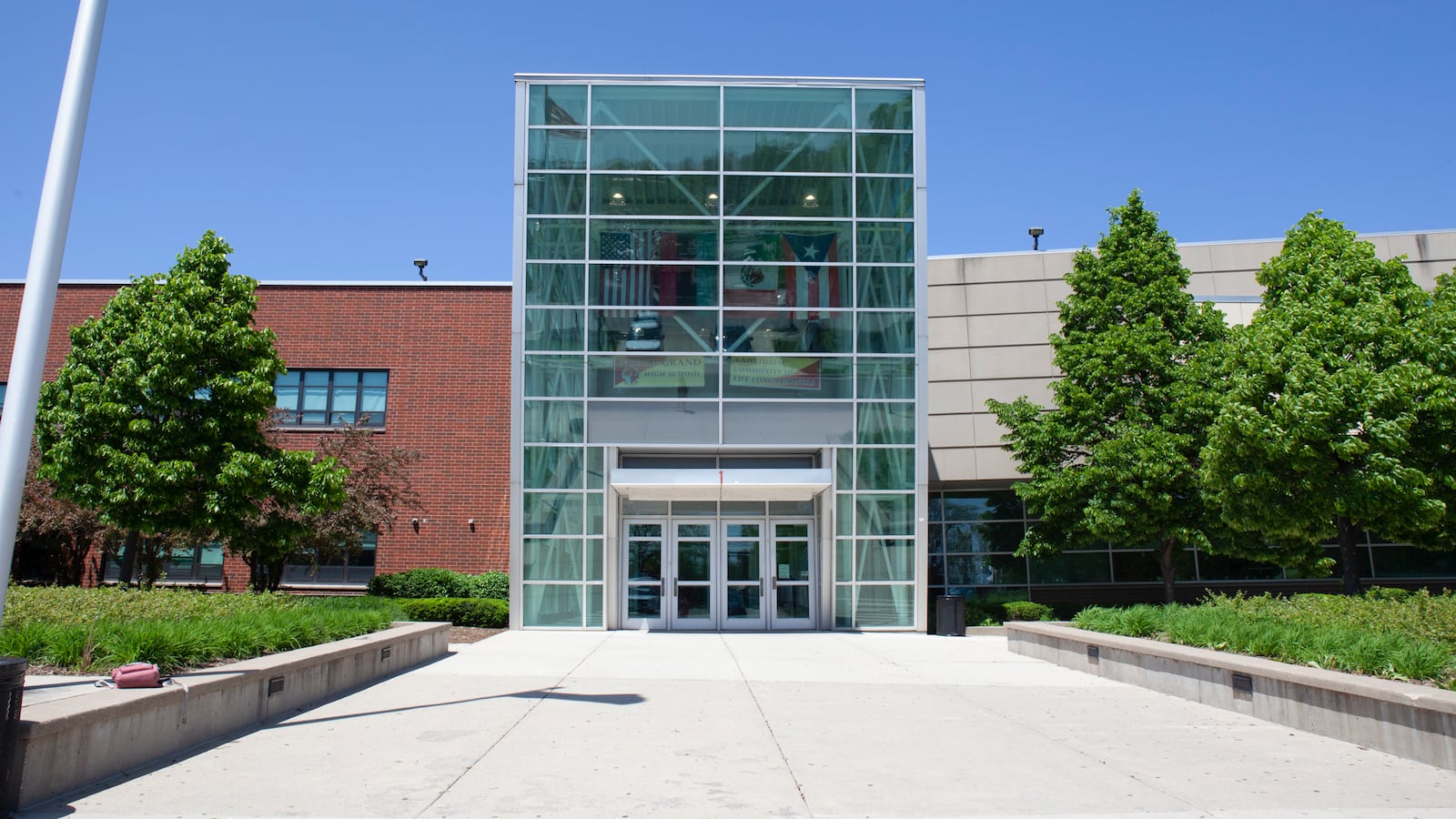Chicago teachers won key demands in their bitter 11-day strike, but whether the new contract transforms their working conditions depends, in large part, on the teachers themselves.
As the people most affected by the contract, they also have the power to enforce its changes, like providing confidential work spaces for clinicians and limiting paperwork for special education teachers.
That’s no easy task in Chicago’s 500 district-run schools. The stakes are high.
If educators feel that terms the union won in the new contract have improved their jobs, that could set the city up for labor peace now and in 2024 when the contract expires. But if they’re thinking more about the week of pay they lost and the dozens of demands — including lower class sizes and more prep time — that the union didn’t secure, that could plant seeds of more discord.
The Chicago Teachers Union has touted the contract even as it admitted not winning all of their wide-ranging demands. Just before the school board ratified the contract Wednesday, union President Jesse Sharkey hailed its “transformative changes” and also lamented that the contract failed to limit school closings.
Despite teachers’ mixed feelings, 80.7% of those voting last week favored ratifying the contract.
The union faces the challenge of getting teachers to recognize the contract’s gains. That will come down to individual schools, said Debby Pope, the union’s grievance correspondent.
“These changes only feel like wins if we are able to make them feel like wins at a building level,” she said.
To enforce the contract terms, teachers and administrators often bring concerns to a school-level professional problems committee, which includes the principal.
That committee is empowered to resolve issues, and is obligated to meet monthly. If it doesn’t come to an agreement, educators may file a grievance. In some cases, the principal may support teachers in that move.
That’s what happened at Simeon Career Academy, in Chatham, when educators took concerns about rodent infestations, dirty bathrooms, and overflowing garbage cans to the professional problems committee. As at most Chicago schools, the private company Aramark handled janitorial services. With the principal’s support, teachers then filed a grievance, technically against the principal, to ensure the school would get cleaned, social studies teacher Rivanna Jihan said.
Related: These 102 schools failed latest round of ‘blitz inspections’
But that principal left, and another took over, then another, in just two years, Jihan, her school’s union delegate, said. They made it more challenging to address contract enforcement.
“I am concerned,” she said.
The professional problems committee, when it acts, can produce the quickest solution. Grievances can stretch out, Lindblom Academy teacher Alison Eichhorn, a union bargaining team member, said. She sat on her school’s committee hearing a complaint from a teacher who said the district had placed him on a lower salary schedule than he deserved. It took two years to resolve. During that time, Eichhorn said, the teacher lost thousands of dollars in wages before the finding turned in his favor.
Related: Online tool shows who makes the big bucks at Chicago schools
In other cases, Eichhorn said just filing a grievance can spur action. In another Lindblom case, teachers complained that the principal had asked them to log in to a computer each time they intervened with a struggling student. Claiming that it was extra paperwork and burdensome, they filed a grievance. The principal ended up dropping the request.
Union staff who support teachers on contract enforcement said that situations at schools vary.
“The environment in individual schools is very much the deciding factor” in how much of the new contract language actually makes its way into classrooms, Pope of the teachers union said.
Even with tools at their disposal, Eichhorn said teachers must feel secure enough to raise concerns without fearing retaliation. At her school, a selective enrollment school in Englewood, she said many teachers feel secure in their jobs and thus able to be more active in contract enforcement.
She also agreed that how the contract is enforced in the next five years could set the stage for labor peace, if teachers are happy about the changes they’ve won, or for another strike.
“We can only have real wins when we have enforced this contract,” Eichhorn said.


